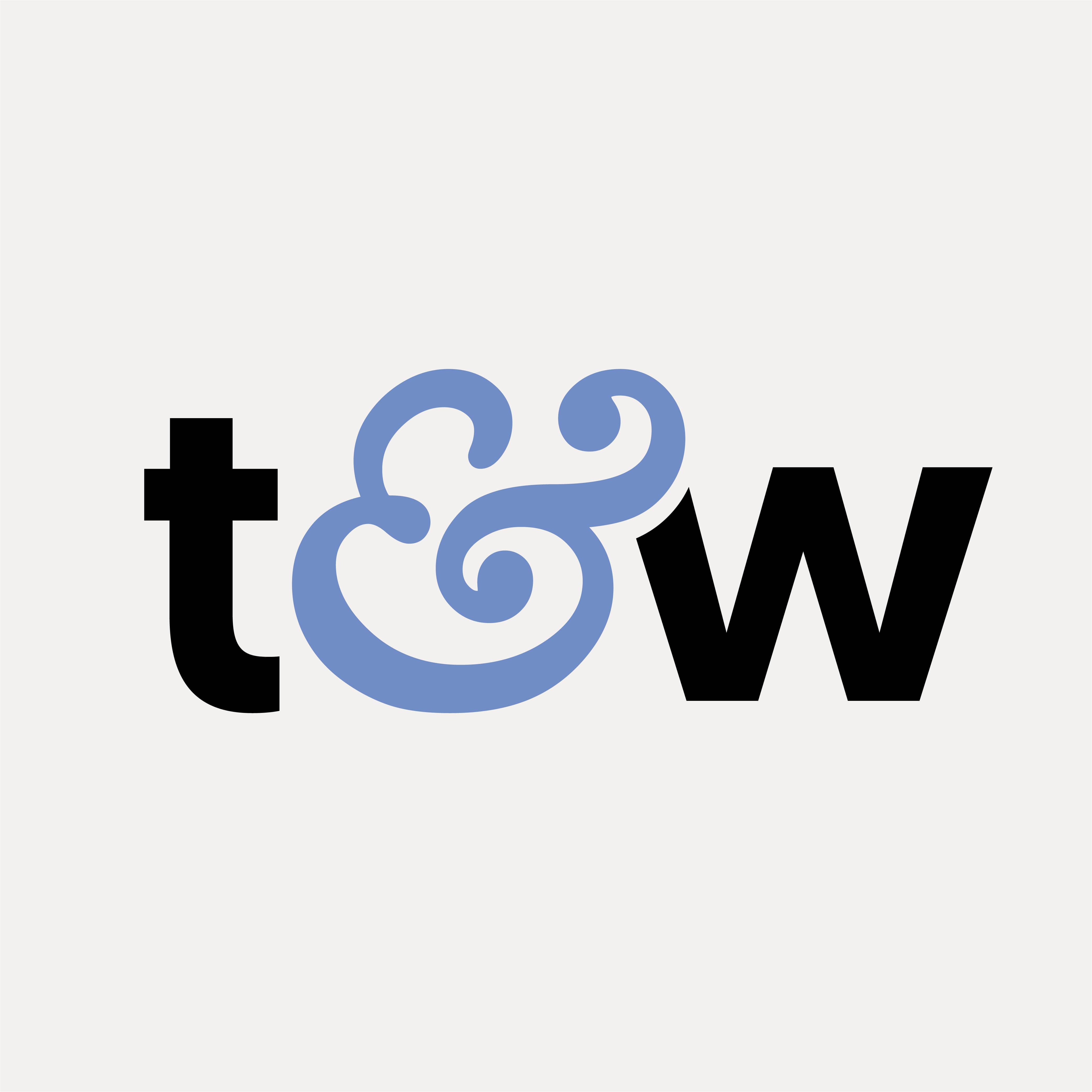A million dollars. For most of us, it’s a lot of money. It can be a savings or retirement account goal. It can be a salary bracket to work towards. It can sometimes come from a lottery win or another lucky break. But there is another way you can find yourself with over a million dollars to your name: when you inherit it.
Inheriting a million dollars or more can be a life-changing event and will come with its own set of stipulations. Whether you’re already well-off or you find you’ve achieved millionaire status overnight, there will be some things you’ll need to consider when receiving a large sum of money. You might start by asking yourself:
How will inheritance affect my life right now?
If you’ve come into over a million dollars, you’ll probably start thinking about how you can use it in your life. And when money is inherited, emotions can also factor into this equation. This emotional component of inheritance can affect how someone uses their inheritance. One person who inherits a few million from a parent may have an emotional or sentimental attachment to the money that causes them to be cautious with it and want to hold onto it. After all, it was their parent’s life savings. Another person who inherits a few million from a relative may take it as their chance to really start living it up. After all, it’s theirs now.
Of course, your mileage may vary. But no matter how you decide to make use of your inheritance in the short term, you’ll probably want to consider:
Taxes
Will you owe anything on the sum you’ve received? Are you putting it into an interest-bearing account, and will you owe taxes on the interest? There are a number of ways inheritance or how that inheritance is used can incur tax costs. It’s a good idea to meet with a wealth management professional to get the right information on how your inheritance can be taxed and what you can expect to pay.
Debts
Are there any debts you have that you would now want to pay off? Student loans, mortgage loans, car loans, credit card balances, medical bills – there are all kinds of debt. Some loans have a high rate of interest, where much of your monthly payment is only covering that interest and not chipping away at your debt. Some loans have low interest rates and each payment goes towards more of the amount you’ve borrowed. But debt means there’s an amount of money you owe – and some people use their inheritance to pay off debts. For some, inheriting over a million dollars may be an opportunity to own their home free and clear and wipe out other debts too.
Then there are creditors. If you have debts or a judgement against you, an inheritance may mean that you now have assets that creditors can attempt to seize (unless the inheritance was received through certain types of Trusts.) Settling outstanding debts may be an option, as is the careful management of your inherited funds. Meeting with an Estate Planning Attorney will help you learn more about what inheritance means when you have significant debt.
Purchases and Expenses
Are there things you want to buy now that you have been left with over a million dollars? Do you want to make improvements to your home or buy a new one? Is it your goal to retire and live off your inheritance and investments or will you spend some of it and keep working? Will you be giving gifts to any family members? When you inherit money, you should make a plan for how you will spend it. If you choose to gift some of your inheritance to others, you should check if there will be tax concerns for the giftees too. Creating a responsible spending plan for your inheritance is a smart move.
How will inheritance affect my life in the future?
Sometimes inheriting more than a million dollars further cements generational wealth. Sometimes it pads an already comfortable lifestyle. And sometimes it’s the first time a person acquires any sort of wealth at all. In all cases, though, a large inheritance can be used in the future by way of:
Assets
If you buy a home or multiple pieces of property, you now own an asset or multiple assets. Any bank accounts, stocks or bonds, cryptocurrencies, or other investments are assets. Cars, boats, and other titles, valuables, as well as gold, silver, jewelry, and untitled valuables, will also be included in what you own as part of your Estate. The management of these assets, both now and in the future, can affect your finances and your financial security.
Investments
CDs and other investment accounts, stocks and bonds, digital investments, and more have the potential to increase your net worth (and sometimes decrease it too.) Investments can be conservative or risky. How you invest your inheritance can impact your estate and your future.
Inheritance for your family
When you are the beneficiary of a large inheritance, it can change your life. But it can also change the lives of your children and grandchildren. When thinking about what your money means for your future, you should decide if you want to leave family members an inheritance, and, if so, how much you want to leave them and how and when you will distribute your assets.
What does my Estate Plan look like?
If you’ve inherited a million dollars from a parent, grandparent, spouse, or another person close to you, most likely they had a financial plan in place to distribute their assets to an heir (you) or several heirs. Their financial planning facilitated the transfer of their wealth to you. And whether it’s about managing the assets you have, or preparing your estate for future generations, it’s all about Estate Planning.
Wisely handling your inheritance and setting up the appropriate Trusts, Wills, and financial planning for yourself and your family members can make all the difference. At Trust & Will, we can help you manage your inheritance and your entire Estate Plan online. If you have questions about inheritance, setting up a Trust, creating a Will that is valid in your State, or making Estate Planning easy, get started today!











Share this article